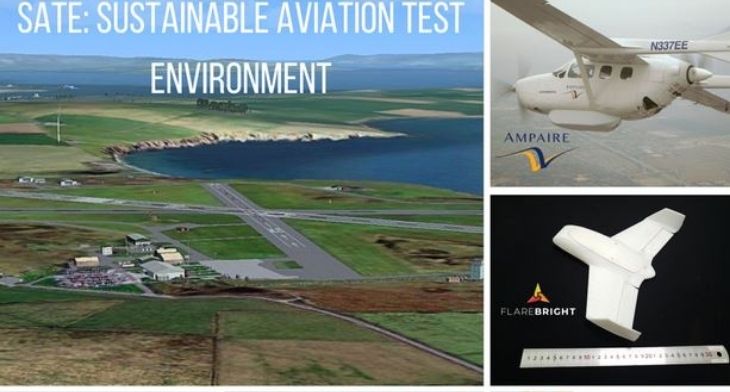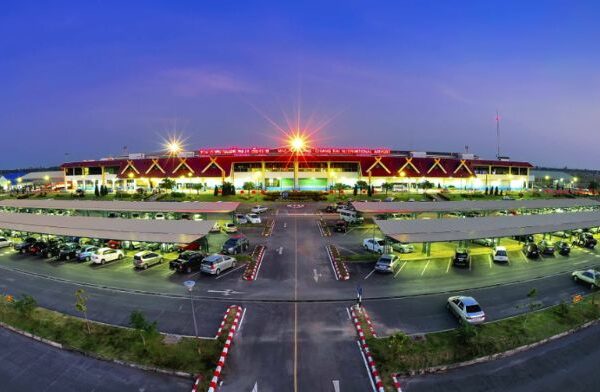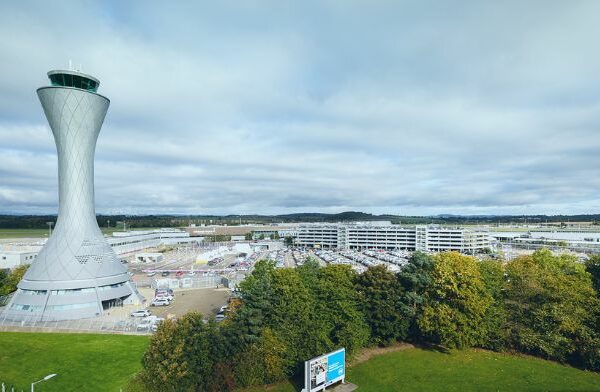


Highlands and Islands Airports Limited (HIAL) is leading a £3.7 million project to develop a sustainable aviation programme that will operate for an 18-month period and which could transform short flight travel between remote communities.
Launched and part funded by UK Research and Innovation (UKRI) for its Future Flight Challenge, the Sustainable Aviation Test Environment (SATE) project will see the creation of the UK’s first operationally-based, low-carbon aviation test centre at HIAL’s Kirkwall Airport in the Orkney Islands. The airport is well suited as a test environment location due to the variety of short routes it offers acting as a hub connecting Orkney’s island communities through its inter-island flight service.
“Project SATE will place the Highlands and Islands at the vanguard of the adoption of next-generation aircraft and spearhead the aviation industry’s response to climate change,” said HIAL Managing Director, Inglis Lyon. “The project will identify the necessary supply chain and people skills to support the development and testing of the new technologies, with the aim of developing a Highlands and Islands sustainable aviation sector, stimulating inward investment and local supply chain opportunities.”
Lyon also underlined that this project will, “measure local community appetite for the new aircraft technology, especially on lifeline regional routes, and the potential impact on the regional economy from the adoption of these new technologies.”
Led by HIAL, the SATE project brings together a consortium of aviation stakeholders and technology partners, including Ampaire, ZeroAvia, Loganair, Windracers and Flarebright. Local Orkney and Caithness businesses, public sector bodies and academia are also involved in addressing the challenge to improve UK regional air connectivity and helping to decarbonise the Highlands and Islands region. The project will also stimulate job creation and use local renewable energy, supporting Orkney’s net zero ambitions.
In a bid to find the next generation of air services, the project will include testing low-carbon aircraft using electric, hydrogen, or sustainable aviation fuel (SAF), as well as drone applications for supplying on-demand medical supplies to health centres and the operational infrastructure necessary to support sustainable aviation.
Scottish Government Cabinet Secretary for Transport, Infrastructure and Connectivity, Michael Matheson, said: “This is a very exciting project and it’s fantastic to see HIAL take the lead to create the UK’s first low-carbon aviation test environment. He added that Kirkwall’s test centre “has the potential to put Scotland at the forefront of the transition to low carbon aviation and is an important step towards delivering our commitment to decarbonise scheduled passenger flights within Scotland by 2040.”
Consortium members will also look at how to implement zero-carbon airport infrastructure using green energy sources, as well as digital networking and the development of resilient communications. The socio-economic impact of new technologies and services in the region, and the skills and training needed to support them, will be assessed.





